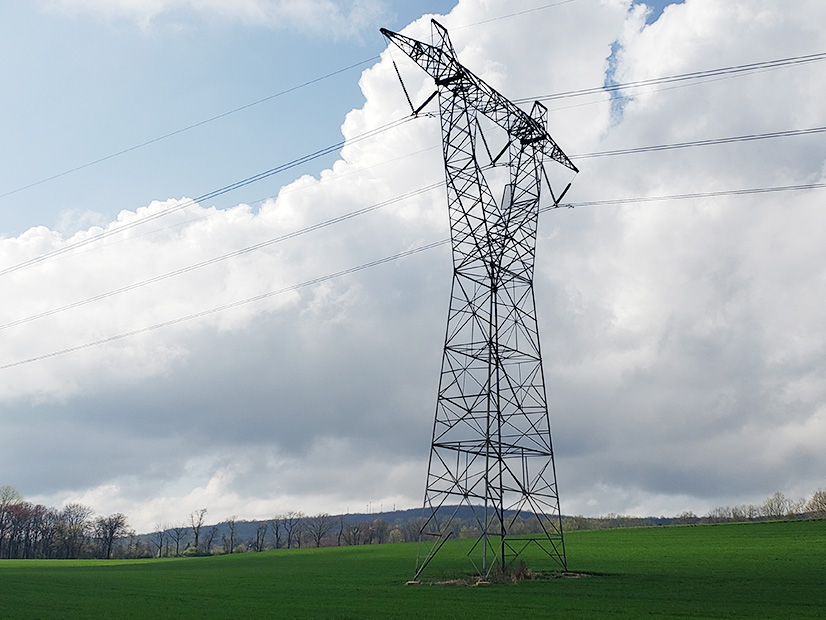ISO-NE has provided additional information on the second phase of its Longer-Term Transmission Planning project, which is intended to facilitate transmission investments to meet the states’ policy goals.
The presentation at the NEPOOL Transmission Committee (TC) on Nov. 21 expanded upon a high-level overview of the project at the October TC. (See ISO-NE Provides More Detail on Order 2023 Compliance.)
The proposal would enable the New England States Committee on Electricity (NESCOE) to direct ISO-NE to issue a request for proposals (RFP) to address concerns identified in a longer-term transmission study (LTTS). After soliciting proposals, ISO-NE will consider stakeholder input and select a preferred solution to solve the identified issue.
Following ISO-NE’s selection of a solution, NESCOE will have 30 days to either accept the default regionalized cost allocation methodology, propose a new methodology or terminate the process.
“If a different cost allocation method is selected, the costs needed to address the reliability and/or market efficiency needs will be regionalized, while the additional costs to address the longer-term needs are subject to the alternative cost allocation methodology,” Brent Oberlin of ISO-NE said.
At the October TC meeting, ISO-NE said it’s considering assigning some projects to incumbent transmission owners, instead of going through the RFP process. However, following mixed feedback from stakeholders, ISO-NE proposes to abandon this aspect of the project.
“The ISO is concerned that further work on this concept will delay the Phase 2 effort and understands NESCOE’s interest in establishing this process without delay,” Oberlin said.
Oberlin also clarified that the LTTS process will be separate from the RTO’s public policy process, which exists to fulfill transmission needs associated with state, federal and local policy requirements.
ISO-NE will respond to feedback and introduce the initial proposed tariff redlines at the Dec. 21 TC.




